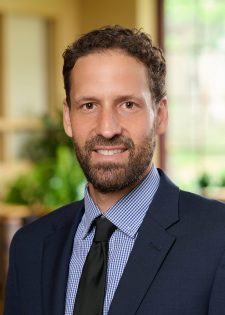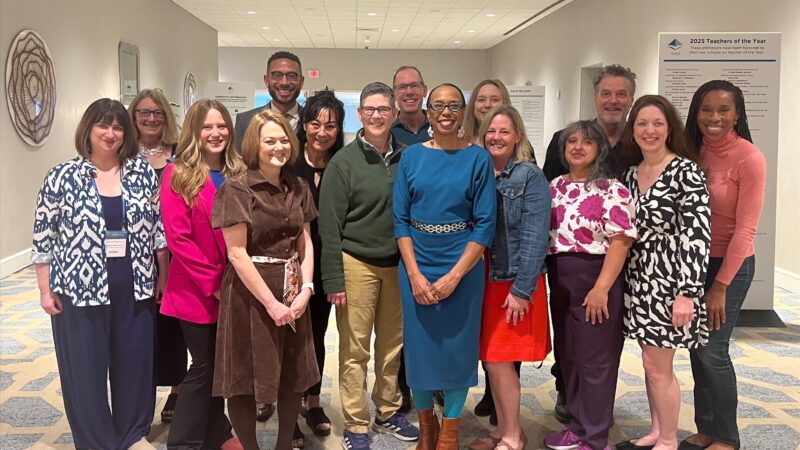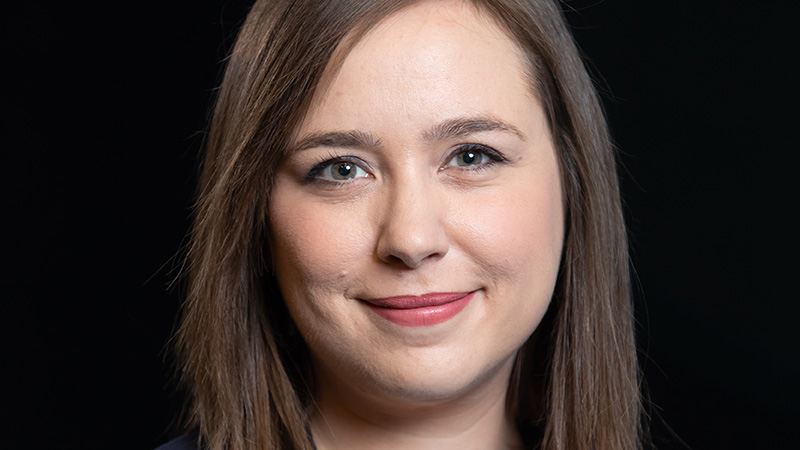“If you would have told me 35 years ago that I’d still be here, I’m not sure I’d have believed you,” said Professor Emeritus James Coben, reflecting on his time at Mitchell Hamline. He is giving up his full-time teaching load, but he will continue to teach dispute-resolution courses.

Professor James Coben
“I’m fond of Mitchell Hamline. It’s always been a place that’s supportive of new ideas and entrepreneurship. There’s a commitment to teach better and share those tools with the world.”
During his time at Hamline Law and Mitchell Hamline, Coben created a variety of innovative dispute-resolution clinical opportunities for law students, including mediation advocacy on behalf of clients in family law and employment cases. As a professor, he was at the forefront of using videos to teach and train the current and future generations of lawyers. In addition to directing the Dispute Resolution Institute (DRI) from 2000 to 2009, Coben held instrumental leadership roles as the founding director of Hamline Law’s Master in the Study of Law (MSL) program and founding editor of DRI Press.
His work has often had an international scope, helping expand successful ADR techniques across the globe. Among other things, Coben coordinated a five-year Rethinking Negotiation Teaching Project, focused on how to “translate” teaching methodology for diverse audiences, as well as a European Union/U.S. Department of Education-funded project to develop transnational ADR curriculum. While serving as DRI director, he created three ADR foreign programs in London, Rome, and Budapest, and he has given over 150 presentations on ADR topics in the U.S. and around the world.
The New Jersey native has been dedicated to continually improving the resources available for dispute resolution for the past 35 years, and that work is not slowing down. “Within DRI, we can always do a better job of training future lawyers by giving them ADR tools,” he said.
Now, Coben remains committed to that mission as a senior fellow at DRI, where he will help build out its new Laboratory for Advancing Dispute Resolution Skills Teaching, or “Skills Lab.” The lab—a free resource for educators aimed at enhancing the teaching of dispute resolution and related skills—was created in part to help better prepare students for the NextGen bar exam, which will have a greater emphasis on skills.
Coben also looks forward to having time for other important parts of his life in the transition away from full-time teaching: “I’ve always been an athlete. I love skiing and running, and I want to explore my passions,” he expressed. “I’m also a grandparent, lucky to have two grandkids here in town and so thankful I can spend lots of time with them.”
Coben is one of three faculty members stepping down from teaching at Mitchell Hamline this year, as both Judge James Morrow ’78 and Professor Denise Roy are retiring.
Mitchell Hamline faculty
The latest from Faculty in the News
Nonprofit Quarterly February 11, 2026
KAXE February 11, 2026
Star Tribune February 12, 2026
The latest faculty publications
Psychological Medicine. 2026;56:e16 January 14, 2026
The American Journal of Bioethics, 26(1), 41–43 January 14, 2026
Book February 1, 2026
The latest faculty headlines
Mitchell Hamline faculty showcase expertise at 2026 AALS Annual Meeting
From left: Miriam Itzkowitz, Laura Reilly ’94, Natalie Netzel ’15, Tressa Ries, Jared Mollenkof, Kaori Kenmotsu ’22, Carolyn Grose, Anthony Niedwiecki, Camille Davidson, Eleanor Frisch, Lynn LeMoine ’11, Hetal Dalal, Brad Colbert ’85, Leanne Fuith ’10, …
Mitchell Hamline welcomes Jessica West to faculty
Assistant Professor of Law Jessica West Joining the Mitchell Hamline faculty as an assistant professor of law, Jessica West combines a passion for student success with her experience as a practitioner to help law students build the skills they need for …
Eleanor Frisch joins legal writing faculty
Assistant Professor of Law Eleanor Frisch Having a strong sense of justice and being skilled at argumentation are what first led Eleanor Frisch (they/she) to a career in law, but it is a much deeper passion that has turned her now to teaching—a love fo …








